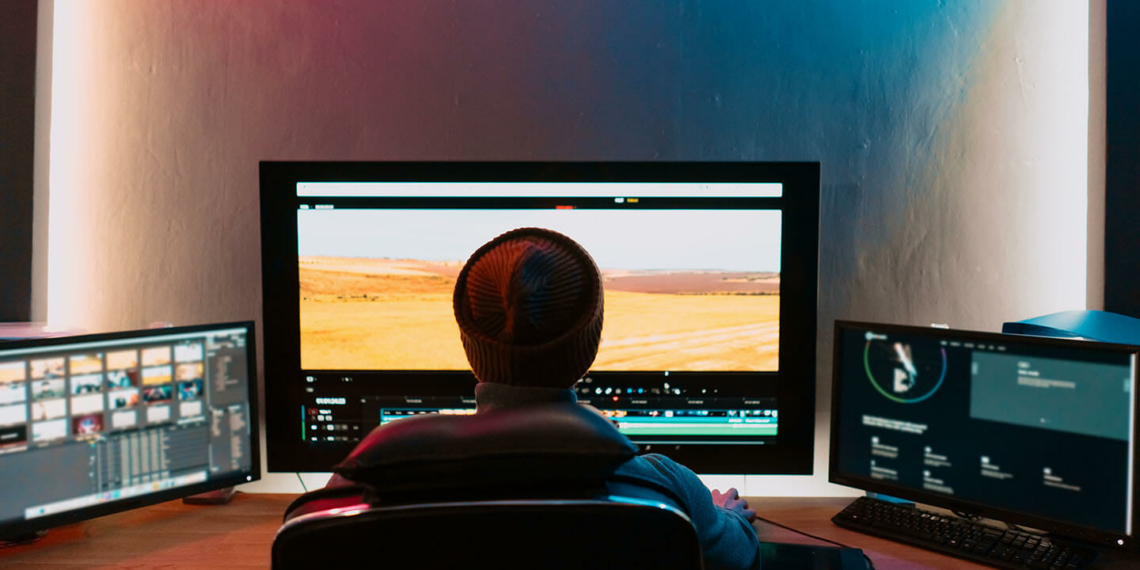Lights. Camera. Edit! The art of video editing is essential in bringing movie magic to life on the big screen. With the steady hand of a skilled editor, a film can transform from a collection of disjointed clips into a mesmerizing masterpiece. The entertainment industry is blessed with an army of talented video editors who have carved out their place in cinematic history by showcasing their mastery of the craft.
But don’t be fooled; these superheroes of the editing room don’t always receive the recognition they deserve. While some may fly under the radar, others have reached the pinnacle of success, taking home Oscars and Golden Globes for their contributions to the industry. Whether they work behind the scenes or take center stage, video editors are the unsung heroes who tirelessly work to ensure that their final product captivates and inspires audiences worldwide.
Thelma Schoonmaker
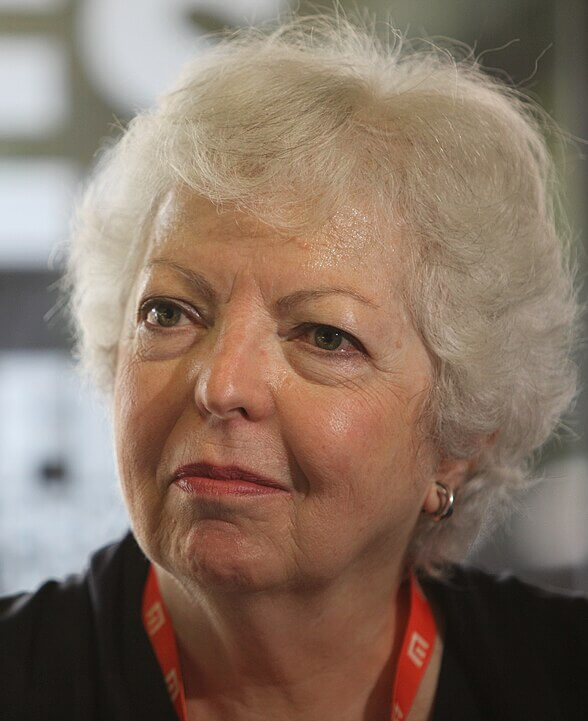
Perhaps one of the most famous film editors in recent memory, Thelma Schoonmaker has been able to leave an indelible mark on the industry because of the skills that she possesses. To emphasize how talented she is, she has managed to work within an unforgiving industry for over 50 years and has won various awards.
She is best known as a long-term collaborator with acclaimed director, Martin Scorsese. Together, they have created some of the biggest Hollywood box office blockbusters, including titles such as “Raging Bull” (1980), and “The Wolf of Wall Street” (2013). They have continued their partnership in 2023, with the release of “Killers of the Flower Moon” anticipated to hit the big screen.
Sally Menke
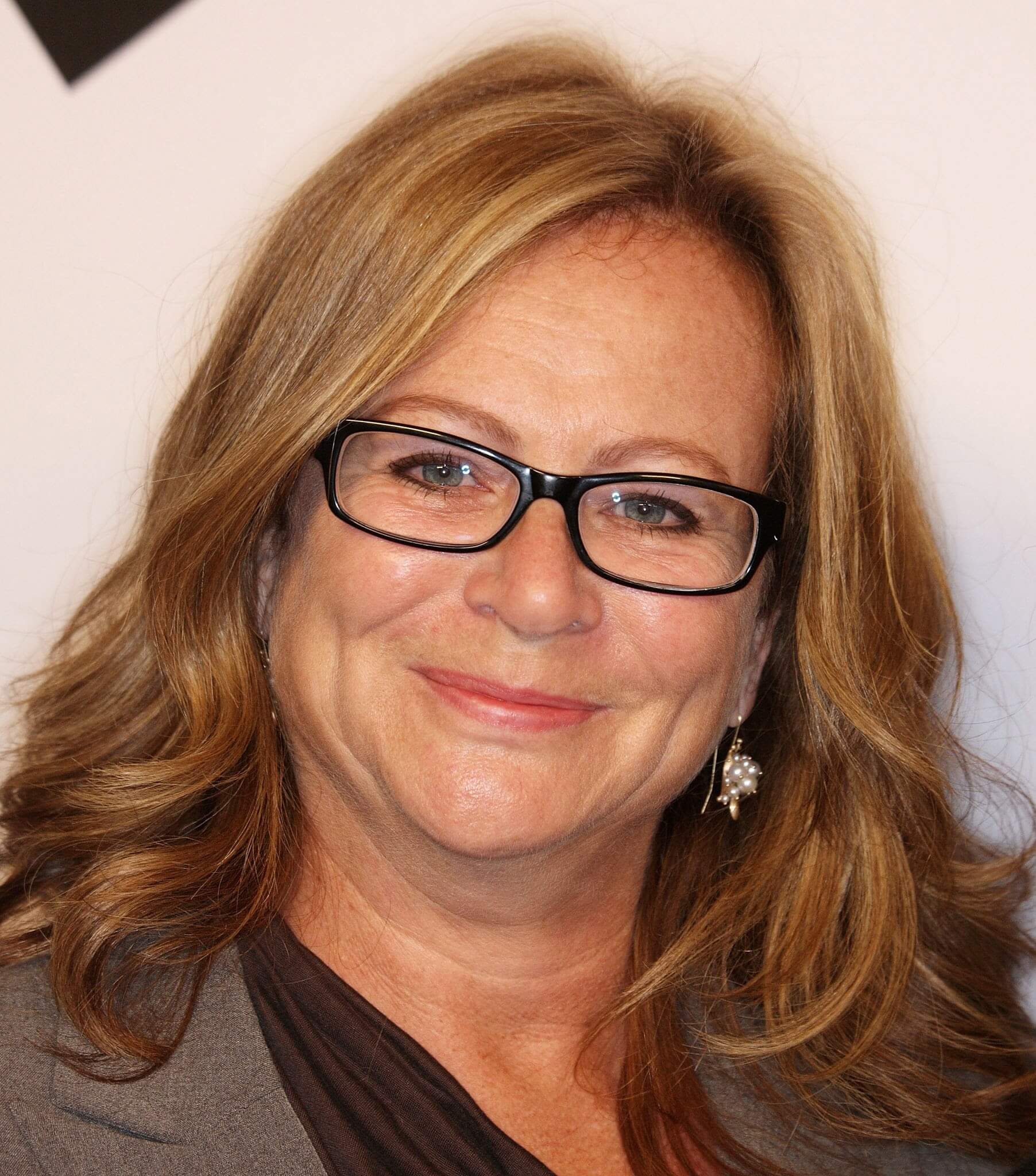
While Schoonmaker can be linked closely with Scorsese, Sally Menke was one editor who also could be linked closely with another of Hollywood’s biggest directors: Quentin Tarantino. She worked with him on “Reservoir Dogs” (1992) and all the way through, including “Pulp Fiction” (1994), “Kill Bill: Volumes 1 & 2” (2003/2004), as well as “Inglourious Basterds” (2009). Unfortunately, she passed away in 2010.
There have been some that have argued that Tarantino’s films are yet to reach the same heights following her death, thus highlighting the skills and impact she had as an editor. This is because her style was characterized by its sharp cuts, bold transitions, and the ability to build tension and suspense. This style is something that so many individuals who aspire to be video editor look to try and incorporate when using software that is now widely available, as they recognize just how good she was at creating the suspense and tension required in each of his films.
Michael Kahn
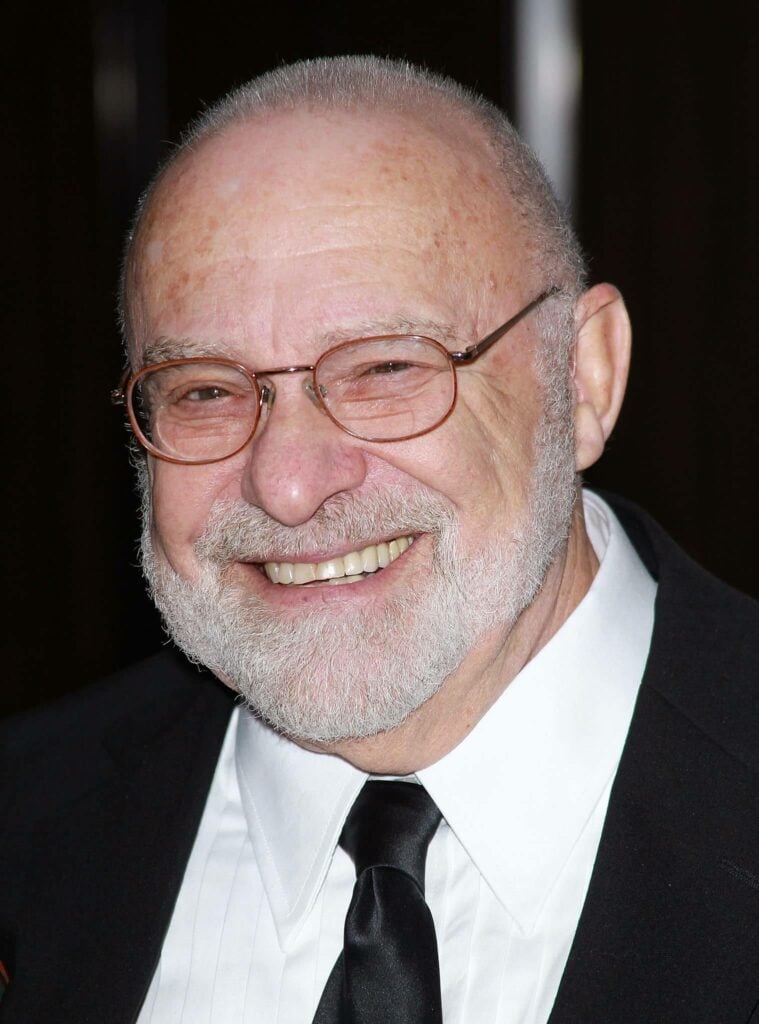
Some might argue that if it were not for Michael Kahn, then Steven Spielberg might not have been the huge Hollywood success that he has been over his iconic career. Kahn has been a part of so many of the filmmaker’s movies, with him having played a role in films like “Jurassic Park” (1993) to their most recent film, “The Fablemans” in 2022.
Kahn has been able to create suspenseful pieces with ease while doing so at pace. Many of the scenes that he has edited have been crafted expertly and are very well-thought-out, which is why the duo has worked solidly together for so many years and continues to do so.
Sergei Eisenstein
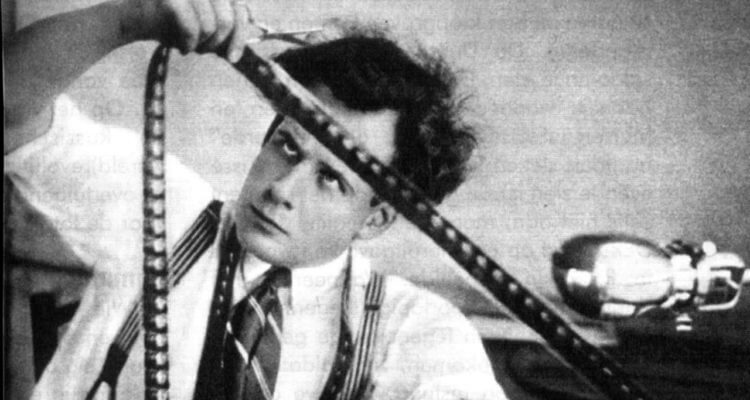
Some may accuse editors of having it a little easier nowadays because of the available technology. There is no denying that the tools available can help to make sharper images and create more suspenseful moments that create the tension audiences want to regularly experience when watching the big screen.
However, Sergei Eisenstein worked in an era where technology was unavailable. Nonetheless, he is still regarded as one of the most influential in the industry in editing, with many crediting him as a pioneer in cinematic montage. Primarily a filmmaker, he was able to place shots together that others simply were unable to do so. His 1925 movie “Battleship Potemkin” which featured his famous “Odessa Steps” sequence illustrates this perfectly.
Expect more video editors to become famous.
The future of video editing looks promising and boundless. As technology blazes ahead at a blistering pace, the possibilities for cinematic greatness are endless. The next generation of video editors will have access to tools and techniques never before imagined, propelling them to new heights of creativity and innovation.
Who knows what masterpieces these pioneering editors will craft? Perhaps they’ll develop entirely new genres, or find ways to capture emotions that we didn’t even know existed. One thing is for sure: the legacy of these future video-editing visionaries will live on long after they retire.


